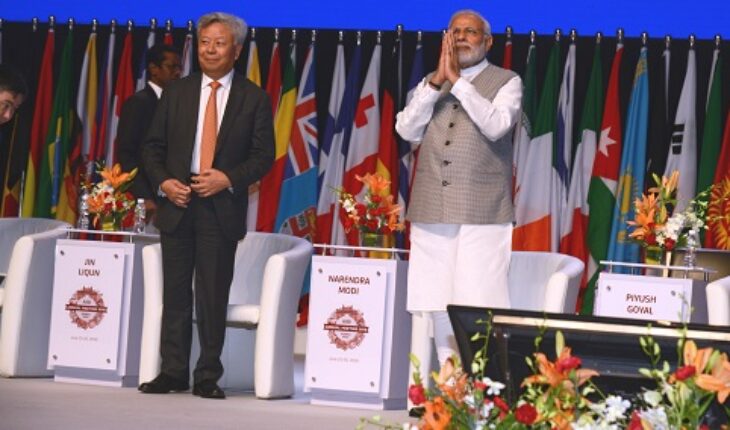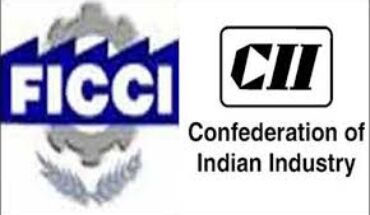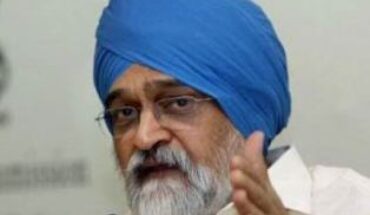The Asian Infrastructure Investment Bank (AIIB) concluded its third Annual Meeting on a high note with a clarion call to improve connectivity within the region and, in turn, enable citizens in the region to reach their potential while enjoying prosperity and security.
“Asian developing countries now account for 60% of global growth while roughly two-thirds of global trade is part of the value chains passing through Asia. Unfortunately, protectionism practiced by some countries is likely to dim the prospects for all countries in the world, including themselves,” said Jin Liqun, President, AIIB.
Participating in a panel discussion during the day, Amitabh Kant, Chief Executive Officer, NITI Aayog, pointed out that “Make in India is about laying emphasis on manufacturing in India, not protectionism. India believes in globalization and has opened its economy in every single sector that you can name. As a result, India has stood +numero uno+ in terms of attracting foreign direct investment in the past three years.”
Earlier in the day, Prime Minister Narendra Modi highlighted the need to deepen India’s engagement with AIIB and urged the Asian Infrastructure Investment Bank (AIIB) to increase its lending to US$ 40 billion by 2020, and US$ 100 billion by 2025, from US$ 4 billion presently.
Quantifying the infrastructure needs of Asian region, AIIB President Jin Liqun said, “Between now and 2030, Asia’s investment in infrastructure must rise to US$ 2 trillion a year, or roughly triple of what it has been in the past. In summary, AIIB has established a strong corporate culture focused on embedding our core values of being lean, clean and green and a work-place environment free of corruption and harassment.”
The Third Annual Meeting of AIIB was attended by over 3,000 delegates from 86 member countries. The Meeting also held several concurrent sessions that discussed critical issues pertaining to environment, low carbon emissions and connectivity through railway network across borders, among others.






